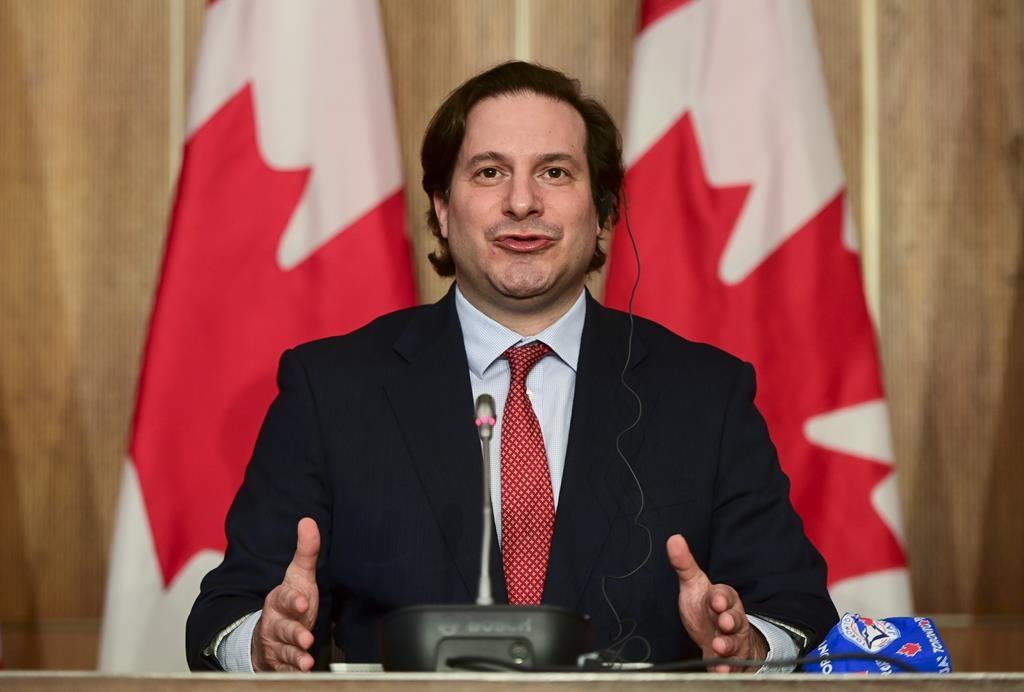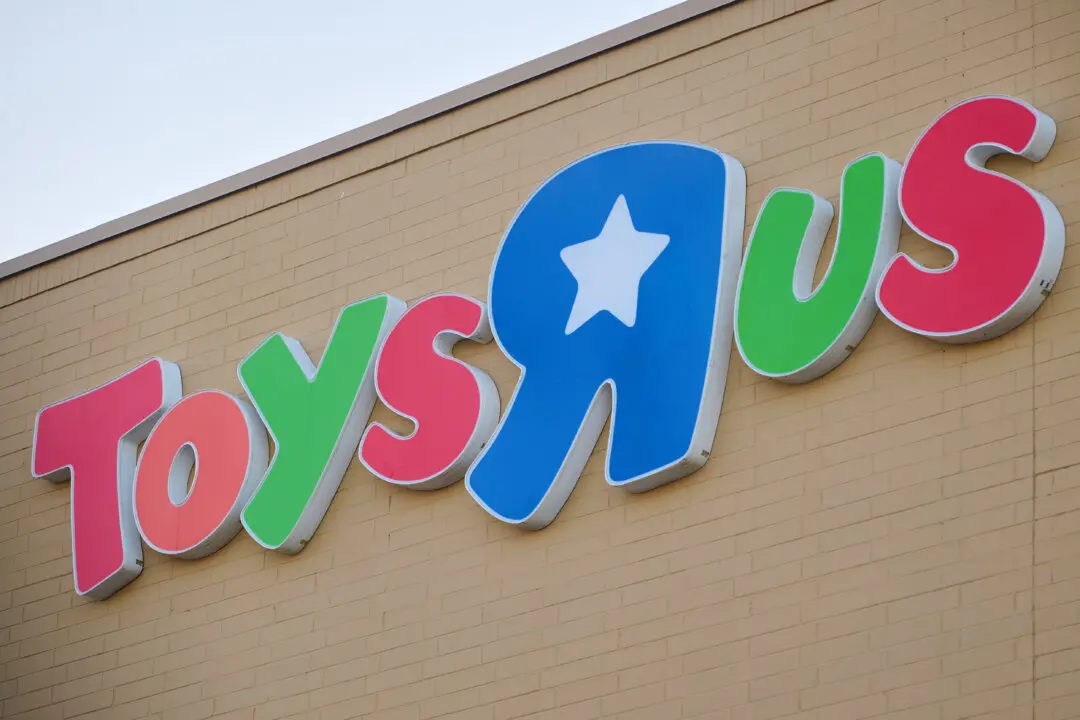OTTAWA — The federal government responded to weeks of pressure from Canadian veterans on Friday by announcing that it will fast-track the resettlement of potentially thousands of Afghans who have worked with Canada at different times over the past 20 years.
Yet the trio of cabinet ministers on hand to announce the new measures were surprisingly light on details, including exactly who will be eligible for resettlement and when people now in danger from the Taliban for helping Canada will start to arrive.





